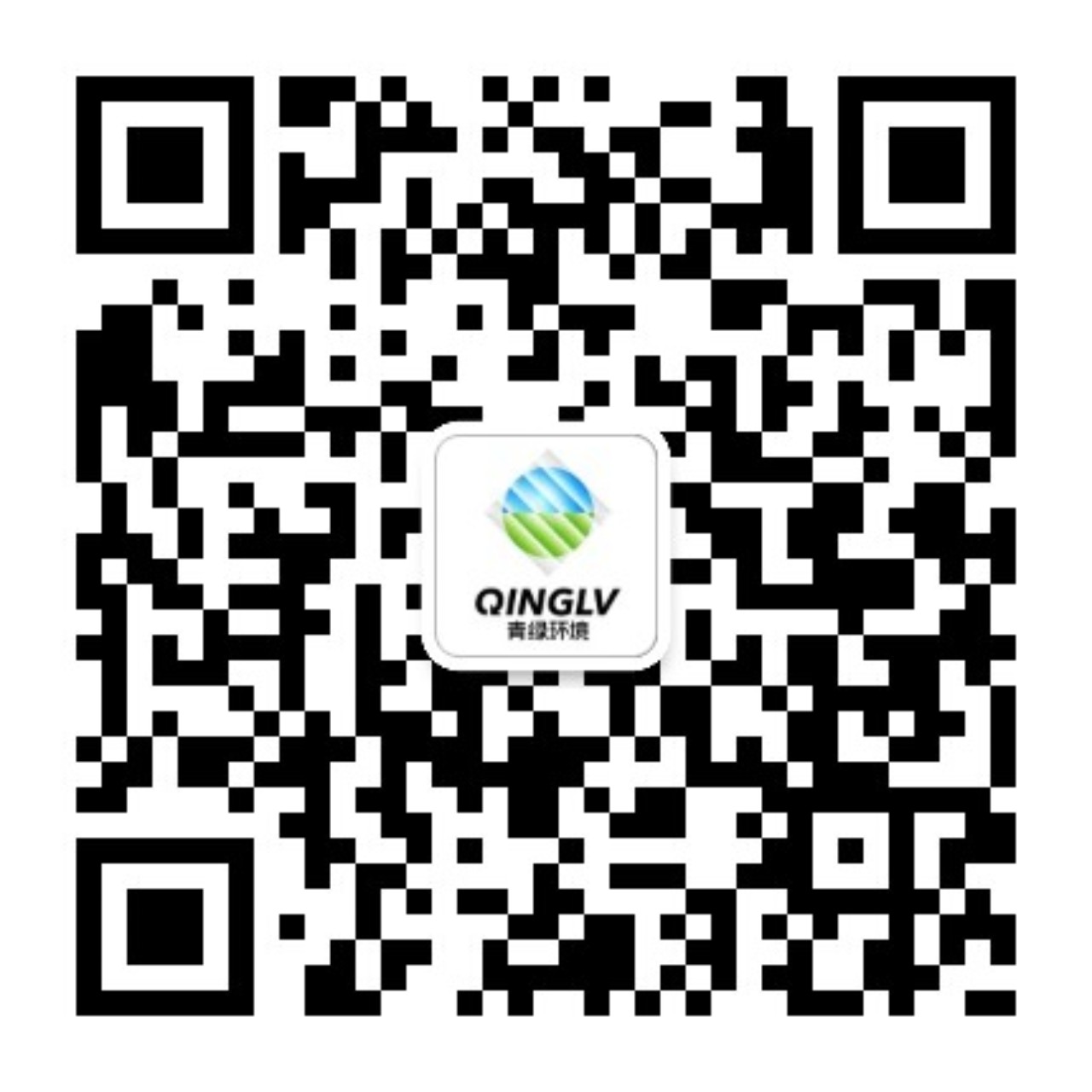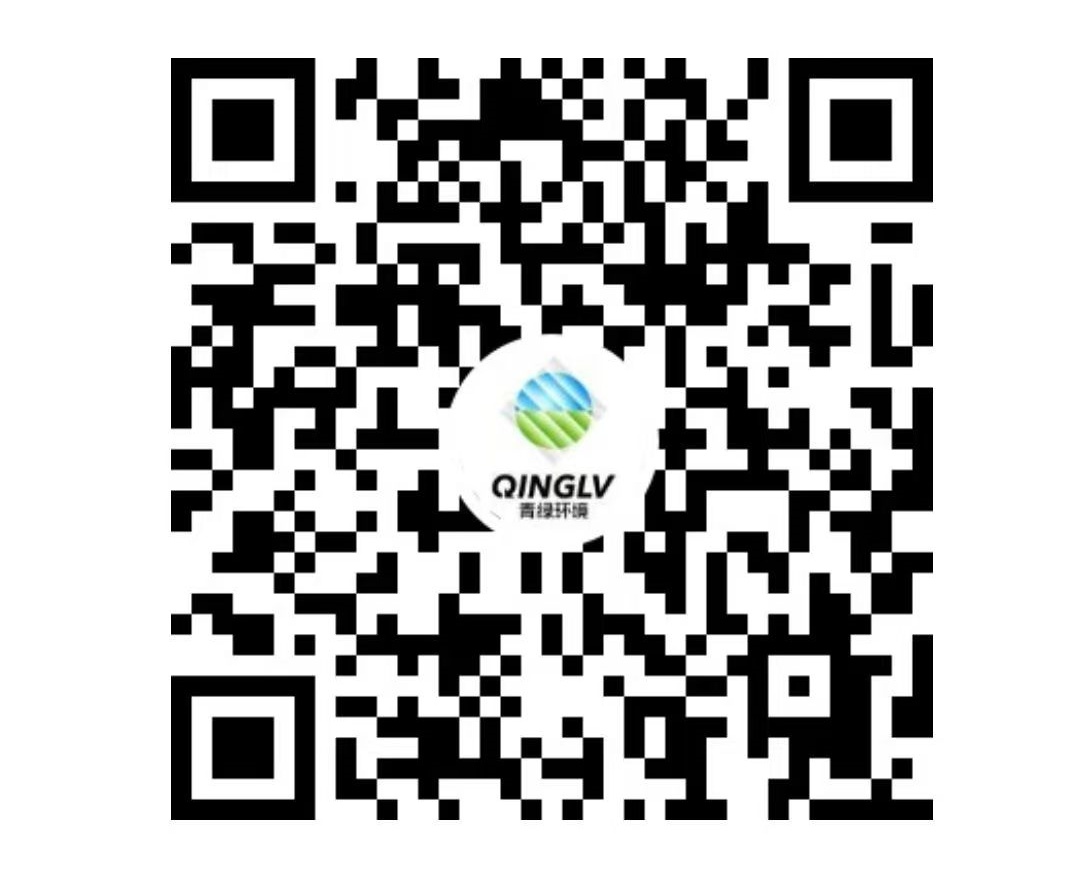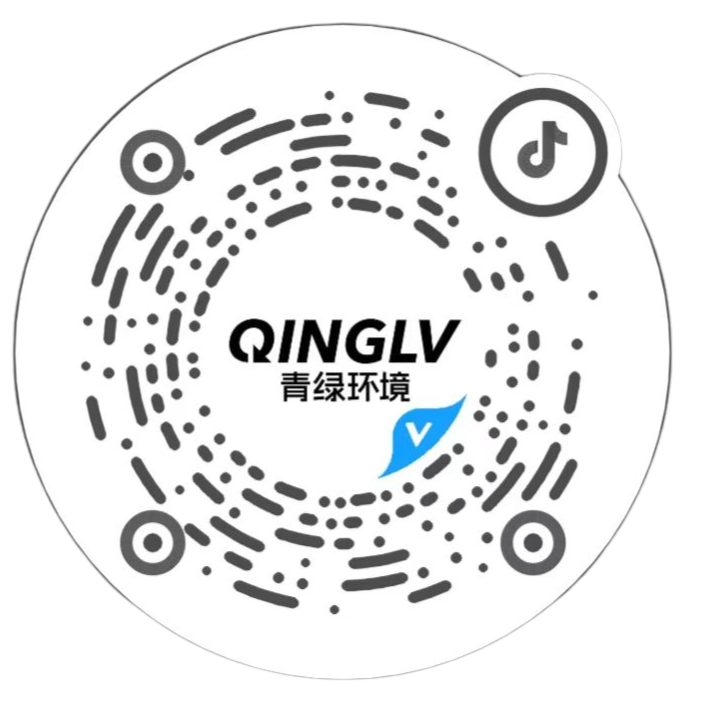 Time:2024-12-13
Time:2024-12-13
 Source:QINGLV
Source:QINGLV
In September 2020, China clearly proposed the "dual carbon" goal of "striving to peak carbon dioxide emissions before 2030 and striving to achieve carbon neutrality before 2060". The "dual carbon" goal is a major strategic decision for my country to build a community with a shared future for mankind and achieve sustainable development. Building a green, low-carbon, circular development economic system and strengthening the recycling of renewable resources are key links in achieving the "dual carbon" goal, and the first step in recycling is to sort recyclable waste.
01 What is recyclable waste? First of all, recyclable waste, as the name suggests, is the waste that can be reused after recycling. They mainly include high-value recyclables such as waste plastics, waste metals, waste fabrics, and electronic waste, as well as some contaminated recyclables with lower value, such as disposable packaging, lunch boxes, napkins, etc.
02 Pain points of recyclable waste treatment Due to the complexity of the components, although there are many types of recyclables and many workers are involved in sorting, if fine sorting cannot be achieved, the low added value of the product will affect the recycling benefits. If these wastes can be professionally recycled and sorted, it can not only reduce the mining of new resources, but also reduce the impact of waste treatment on the environment. · Low sorting capacity Sorting equipment is difficult to guarantee sorting accuracy and can only rely heavily on manual labor, resulting in low sorting capacity · High operating costs There are many workers involved in sorting, and both labor costs and management costs are high, pushing up the overall operating costs · Poor recycling benefits If any of the conditions of sorting capacity and sorting purity are not up to standard, it will affect the final recycling benefits. 03 The importance of handling recyclable waste · Reduce waste disposal costs After sorting the waste, the complexity and cost of waste disposal can be reduced. The sorted waste can be directly recycled without additional sorting work, which can improve efficiency and reduce the cost of waste disposal and transportation. · Resource reuse By separating recyclable items (such as paper, plastic, metal and glass, etc.), these resources can be put back into the production process, reducing the demand for natural resources. · Reduce pollution and carbon emissions Sorting waste helps reduce harmful substances and pollutants generated during waste treatment, especially toxic substances (such as certain electronic products and plastics), to prevent them from mixing into the natural environment or being improperly handled. The recycling process usually requires less energy than the production of new materials, thereby reducing carbon emissions and promoting the development of a low-carbon economy. · Promote circular economy Through the sorting of recyclable waste, the transformation of waste into resources is promoted, forming a closed-loop "circular economy" model. This economic model focuses on the efficient use of resources and maximized recycling, which can effectively reduce resource waste and environmental burden, while also creating more economic value and promoting green employment and technological innovation. 04 How to sort recyclable waste Qinglv Environment responds to the national strategy and, relying on its long-term experience and accumulation in the environmental protection industry, independently innovates and develops a series of sorting processes and equipment to tailor-make overall solutions for recyclable waste sorting centers for customers.
The solution has the advantages of high sorting efficiency, stable and reliable operation, and high added value of outputs, realizing the key hub role of the sorting center in the urban waste treatment system. Sorting recyclable waste is a key measure to achieve efficient resource utilization and sustainable development of the ecological environment. It can not only improve the benefits of enterprises, but also reduce the consumption of natural resources, promote the development of green and low-carbon economy, and improve the circular economy system. In the future, Qinglv will continue to be committed to promoting the comprehensive upgrading of waste sorting, resource recycling and pollution control industries through intelligent and automated technical means, constantly explore and realize new opportunities for green development, and make solid contributions to truly realize "industry and ecology evergreen". |






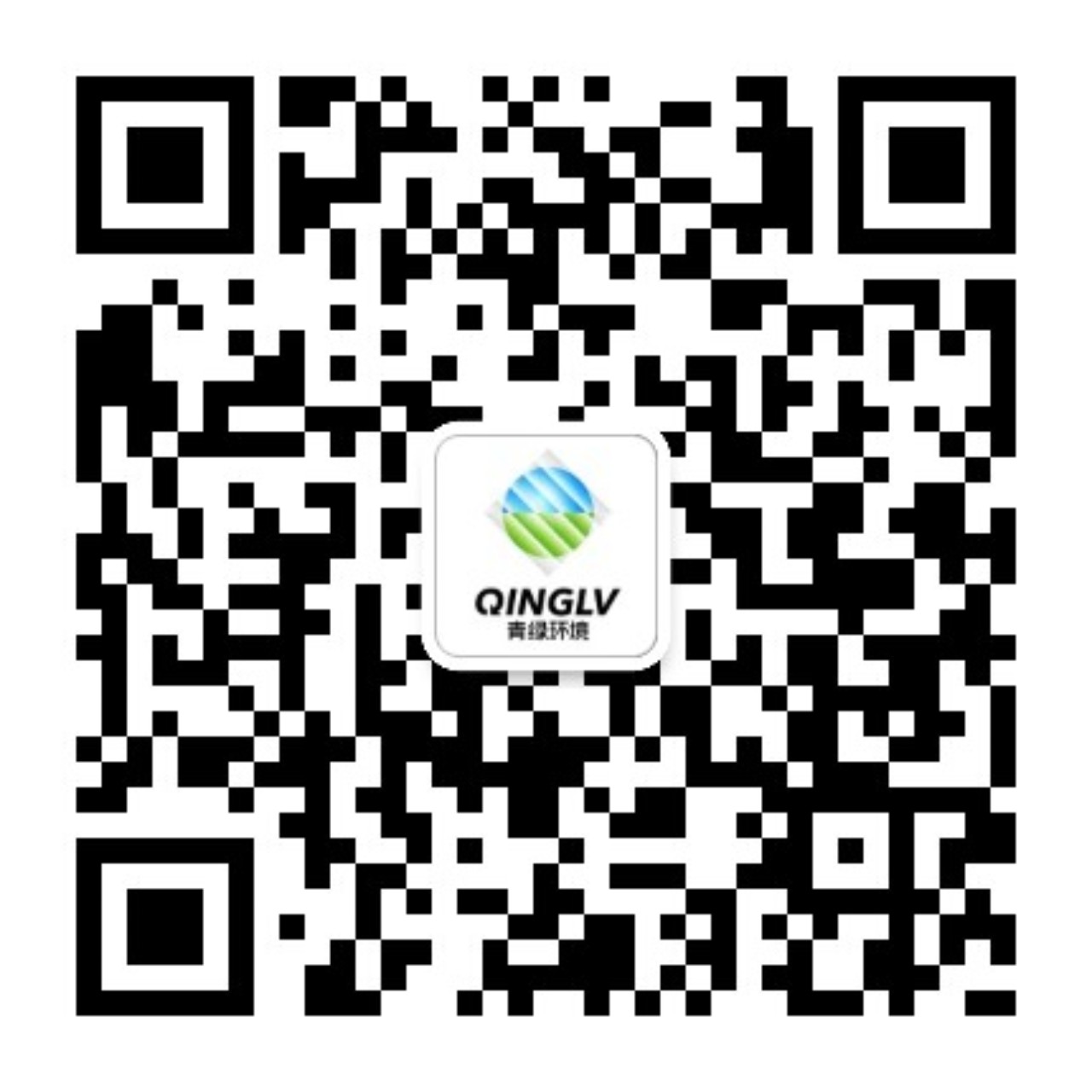
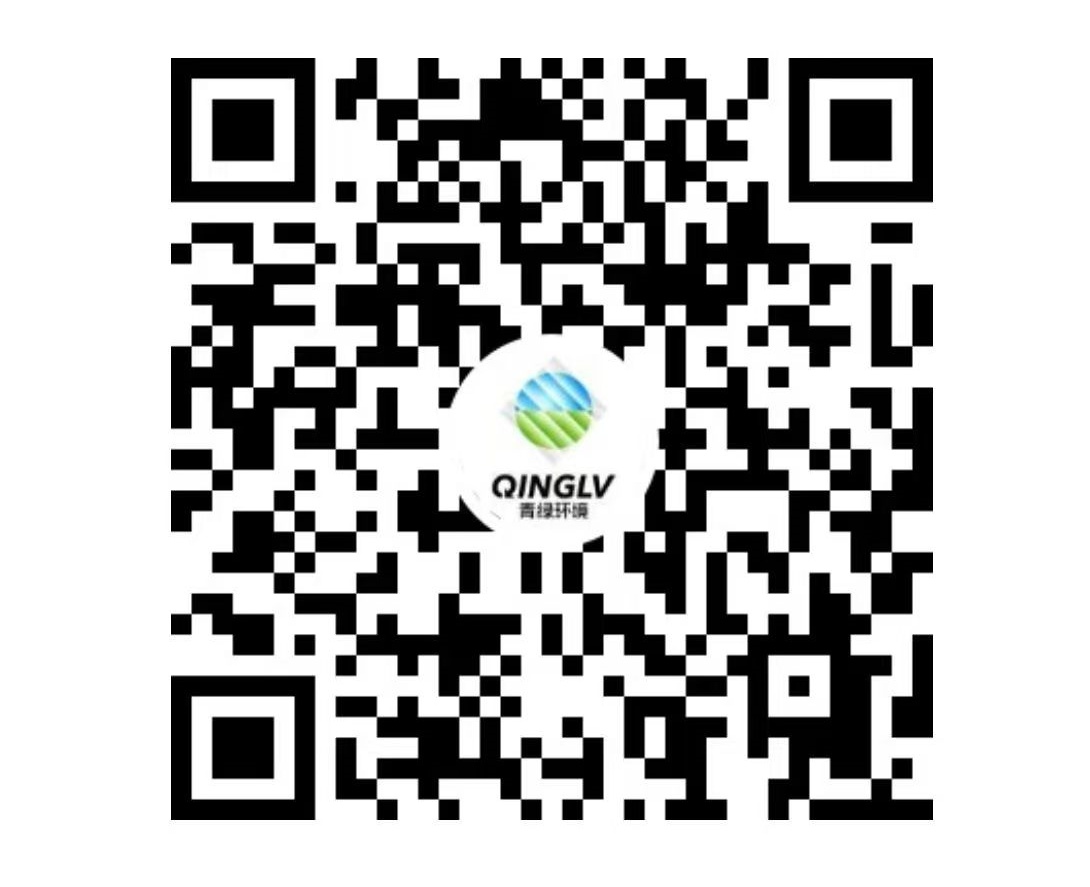
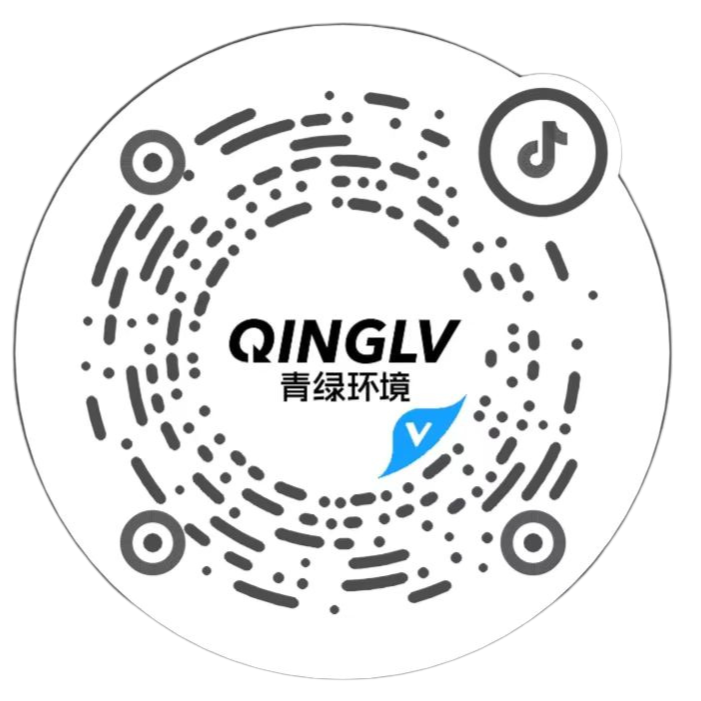





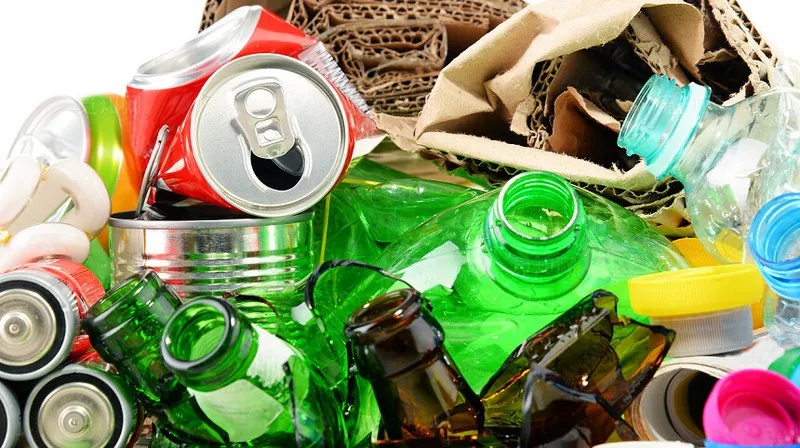
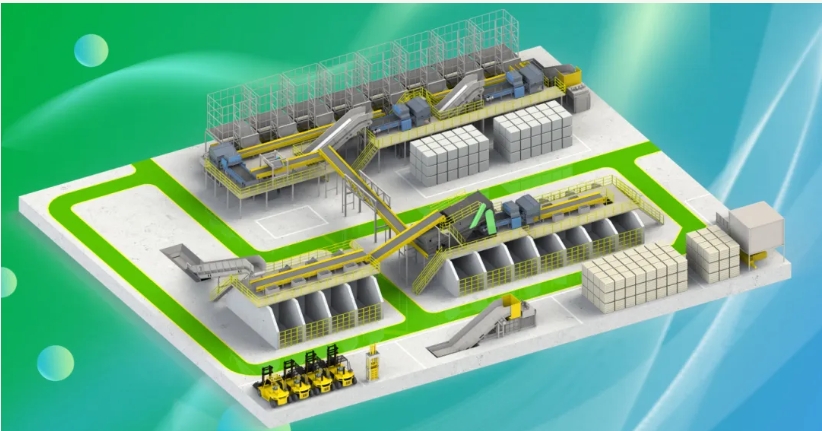
 Prev
Prev

